How do you get a German Shepherd to stop biting while teething?
If you’re wondering the same thing, you’re not alone; dog forums are full of new GSD owners asking the same thing!
Today, we’ll find out why Shepherds are such “bitey” dogs and how to teach your pup to knock it off already.
Let’s get started, shall we?
Related: How to crate train a german shepherd puppy
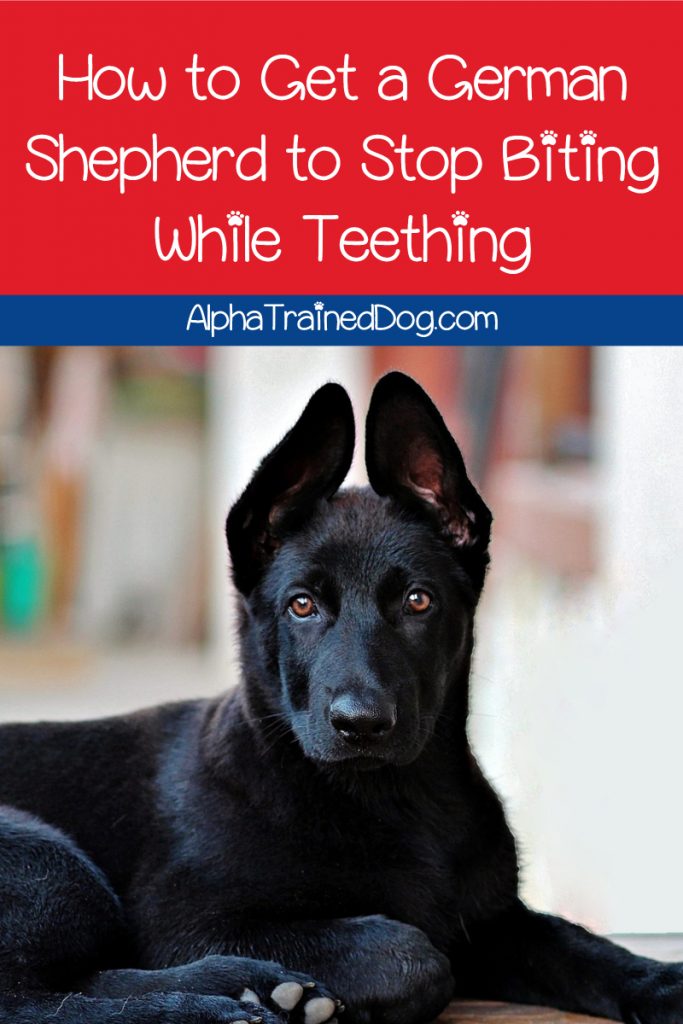
Why do German Shepherd Puppies Bite So Much?
Before we get to the how, we need to look at the why! So, let’s talk about why your German Shepherd puppy bites so much!
Don’t worry, it’s not because he’s a vicious dog! Far from it, actually!
As a former GSD owner (my girl passed three years ago at age 14), I know from personal experience how frustrating that puppy biting stage is.
Tasha was the most well-behaved dog on the planet but during her early days I practically needed full body armor to avoid those sharp little teeth!
Related: Best airline crates for german shepherd
So, what is up with all that biting? Let’s look at why puppies in general bite, as well as why the GSD has such a rep for being a land shark!
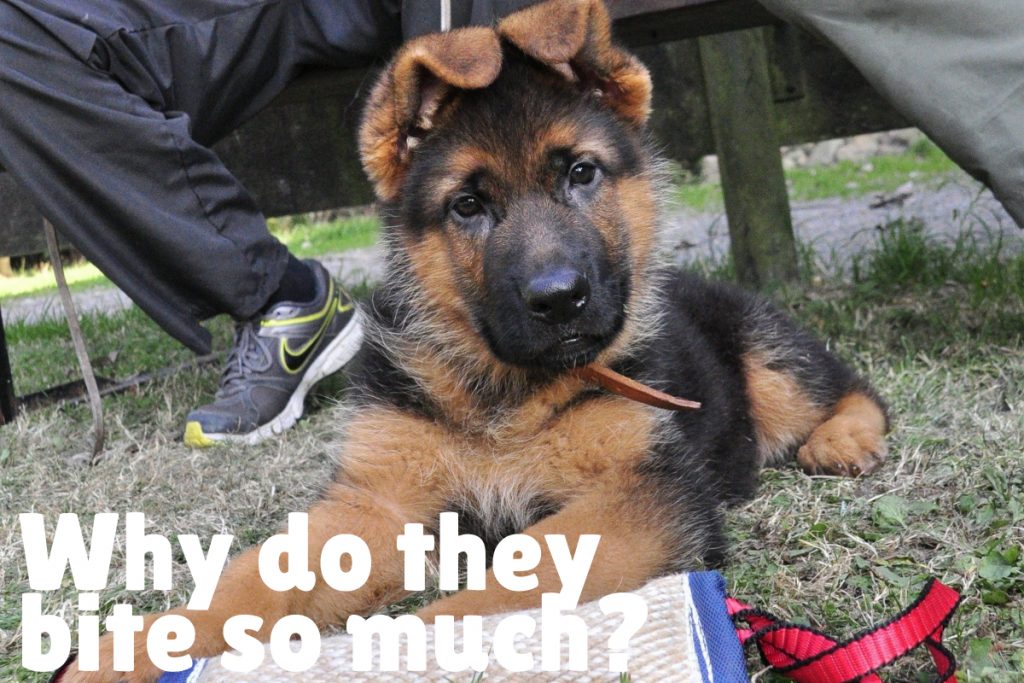
Related: how to train an aggressive german shepherd
1. Exploration
You know how babies put literally everything in their mouths as a way to explore their new world? Well, puppies do the same thing!
They basically pick up every object they see and think, “Food? No, not food. Fun to chew? Yes! Fun to chew!”
Unfortunately, your hands (& feet, arms, legs, etc) often fall into the “fun to chew” category.
Related: Best Size Crate for A German shepherd puppy
2. Lack of Bite Inhibition
When you’re playing with your puppy and he bites you, he’s not being aggressive, he just hasn’t learned how to play nicely yet.
If you’ve ever watched two puppies play, you’ll notice that they bite each other like crazy, yet (in most cases) no one walks away bleeding.
That’s because they know just how hard to bite each other and still keep it fun. In other words, they’ve learned bite inhibition.
For the most part, puppies learn this before they even come to your home, courtesy of their litter mates.
The problem? Even if you pup spent time with his siblings, their bite tolerance levels are likely a lot higher than yours.
So basically, your puppy thinks he’s biting at an acceptable level when he’s playing with you.
You’ll need to either teach him your own “bite tolerance” levels OR teach him not to bite you at all.
While you’d think the latter is the smarter way to go, the former actually works better in the long run. We’ll see why later on.
3. Pain
Here’s one that doesn’t require much explanation: teething hurts, plain and simple.
Gnawing on your soft supple flesh helps alleviate a smidge of that pain!
If you want it to stop, you’ll need to find another way to soothe your puppy’s pain! Don’t worry, we’ll talk about that more below, too.
4. Instinct
Now we get to one of the reasons that’s more specific to the German Shepherd and other herding breeds.
If you’ve ever seen a cattle dog in action, you’ll notice that he nips at his herd to get them to do what he wants.
He doesn’t bite them hard, just a nip to say, “Hey, you’re not supposed to go that way!”
At home, your family is his herd. He feels like it is his instinctual job to keep you all corralled in your proper locations.
There are some misconceptions around herding behavior, so let’s dig a little deeper here.
Related: Tips For House Training A German Shepherd Puppy
Herding is NOT alpha behavior nor is it a sign of aggression
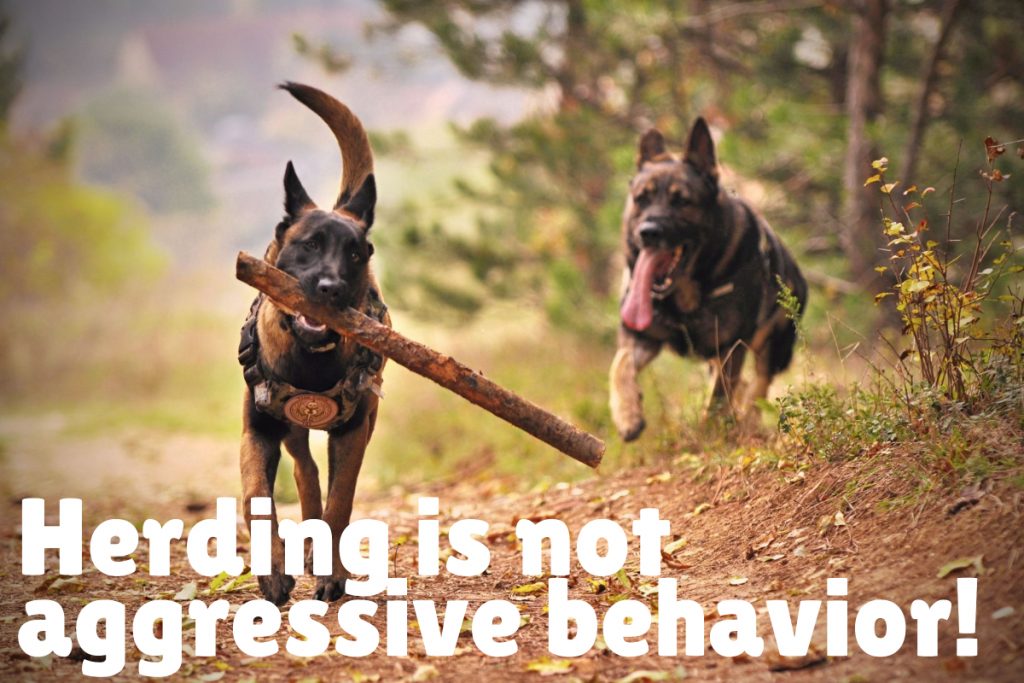
I recently read an article that completely ticked me off. It was one of those “be a pack leader” articles riddled with outdated advice.
The piece suggested that herding was a sign of alpha dog behavior, or a sign that your dog was trying to dominate you.
However, these dogs are doing what they were originally bred to do! Herding is hardwired into their code.
Teaching your dog proper bite inhibition will go a long way towards letting him do his job without causing pain.
Now that we know WHY German Shepherd puppies bite so much, let’s talk about how to stop it.
Related: How do I train my dog not to mouth me when he is playing too rough?
How to Get Your German Shepherd to Stop Biting
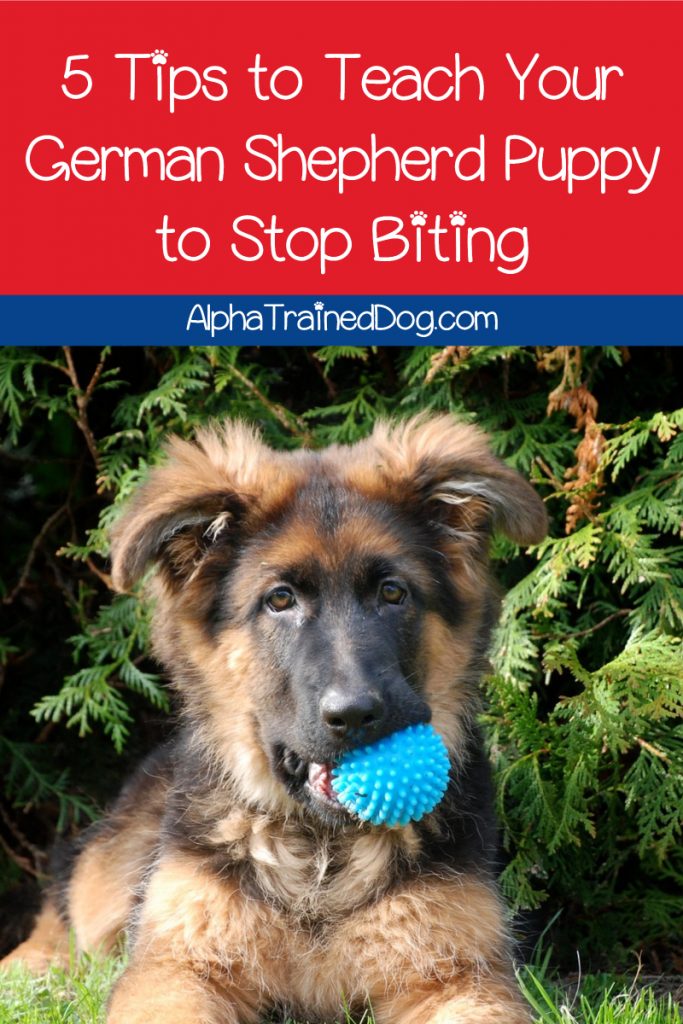
These tips apply to all puppies but we’re focusing on the GSD for a couple of reasons.
First, as I mentioned earlier, they tend to be really “bitey” dogs for all of the reasons above.
Second- and this is crucial- German Shepherd puppies grow up to become very powerful dogs.
While there is a lot of confusion regarding “bite force,” most sources put the GSD in the #2 strongest slot.
FYI, their bite is stronger than that of a pit bull. It’s also important to note that the GSD didn’t “win” by much.
His force comes in at 238-ish pounds per square inch, a pit at 235, and your average happy-go-lucky lab at 230.
Still, that bite force combined with his instinctual urge to both guard and herd means he can do some real damage if he’s not properly trained.
Which brings us to: how to get a German Shepherd to stop biting while teething!
FYI: these tips include affiliate links for recommended products. If you make a purchase through these links, we earn a small commission.
1. Ease his pain
Since pain is one of the main reasons teething puppies bite, soothing that ache can go a long way toward teaching him to stop biting you.
Give your pup some relief by providing them with appropriate chew toys. These can be lifesavers, as they give their little teeth something safe and satisfying to sink into.
Rubber chew toys like Nylabone work great, especially when you freeze them. You could also try freezing a damp washcloth for a soothing sensation on their gums.
If your pup’s discomfort persists or seems really intense, you might want to check with your vet to see if there are any puppy-safe pain relievers they recommend. While some herbal remedies can also soothe pain, I feel like you really need to talk to your vet before administering them, too.
2. Give him alternatives to your hand
I kind of touched on this above, but since not all bitey behavior is related to teething pain, I figure it deserves its own spot on the list. Since your puppy wants to use his mouth to explore, give him plenty of opportunities to do so using “safe to bite” things!
Stock up on a nice range of toys & chews with different textures (see list below for recommendations).
Then, the moment he starts getting rough during playtime, substitute your hand with a toy.
It sounds overly simplistic, but you’d be surprised at how well it works.
3. Teach him proper bite inhibition
Your puppy may already know how hard he can bite his siblings but now he needs to learn just how much YOU can take.
If you’ve heard in the past that you should yelp like a puppy when your dog bites to hard, put that out of your head right now.
While this may work for some dogs, it’s generally not recommended because it can actually make your dog more likely to bite you.
Why? Because you’re not a puppy. Your version of a yelp sounds nothing like a dog.
You know what it does sound like? A fun squeaky toy!
What does your dog do when he finds the squeaker in a toy? He bites down on it like crazy!
Quit the yelping! Instead, just put your puppy down and walk away. Teach him that the fun ends when he gets too rough.
This is exactly the same thing that his mama did when he bit too hard while nursing, and what his siblings did when they got tired of his rough bites.
4. Make sure he’s properly socialized
Socializing your puppy is an all-around good idea that can also help him learn better bite inhibition.
It’s not enough to just expose him to other dogs, though.
Since German Shepherds have such a strong guarding instinct, you’ll also want to make sure he’s used to other people as well.
Puppy classes are great because the socialize as well as teach the basics.
If you can’t afford them, though, take him to the dog park, on outings to PetSmart, and pretty much anyplace else where he can meet other dogs and people.
5. Know when to call in a professional
While aggression has nothing to do with most cases of German Shepherd puppy biting, there are always exceptions.
If your puppy’s bites are accompanied by snarls, lunging, snapping, or other signs of aggression, definitely call in a professional trainer.
No matter what the cause is, teaching your German Shepherd to stop biting when he’s still a puppy is absolutely crucial.
If you follow these tips, he should stop biting you well before those big teeth come in!


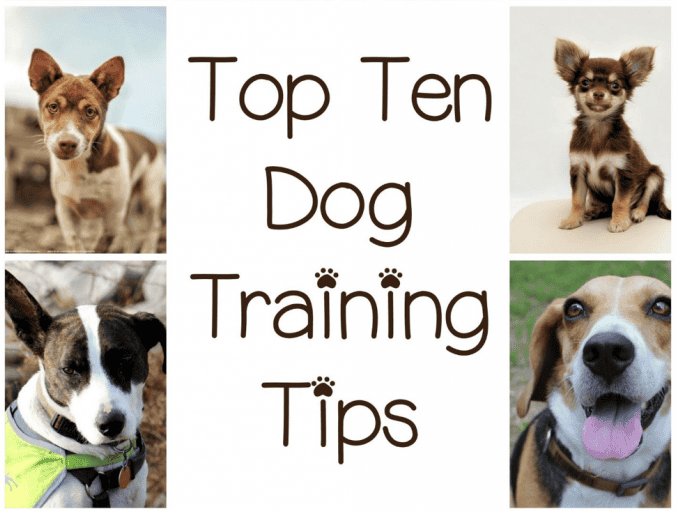
Thanks for writing this post. I’m in the midst of being a chew toy right now. I have an 11-week-old German Shepherd puppy and she loves to bite. I just take my hands (or toes) away and turn my back to her. It works for a little while. I also try the dog yelp thing but I’ve noticed that she seems to want to attack me then. Hmmm. Anyway, we’re registered for a Puppy Kindergarten class next week. I love that. Thanks again! I subscribed to your newsletter.
The yelping thing had the same effect on my GSD, and on my current dog (a Pharaoh Hound). Both have high prey drives, so I think that’s why the yelping thing totally backfires with these dogs. Our yelps probably sound more like a chipmunk than another puppy! LOL. I hope that puppy kindergarten class works well for you! Thanks for subscribing to our newsletter.
Great article as I am looking to adopt a shepherd pup soon. I’ve had other dogs before, but not a german shepherd and I felt I needed one by my side. Thanks for sharing all these need-to-know tips! It’ll help more than you know!
Those are great tips! Both our dogs would bite our hands when they were puppies. Chew toys help, but they do outgrow the biting.
Honestly this is a very interesting read. Also very informative. My aunt has a German Shepherd. I remember just walking through her gate because I didn’t see the dog around as usual— I assumed he was changed. The terror in her husband’s eyes was real. And he was like no matter what never assume. It makes more sense now that I’m reading your post. This sentence here got to me deep:
Still, that bite force combined with his instinctual urge to both guard and herd means he can do some real damage if he’s not properly trained.
I really understand why he was that terrified.
Sorry, I meant chained not changed.
I have never owned a dog in my life, so I can’t relate much lol. This is definitely great info for those who need it.
It’s good to know these puppies are just like human babies. We need to be patient with their biting habit. My friend had one who was chewing everything at home. She could not manage him well 🙁 She gave him away to another friend.
like what Nicole Etolen mention above Both have high prey drives, so I think that’s why the yelping thing totally backfires with these .. although i don’t go close to dog but i study about them… i guess is funny?
Great and important tips! Fortunately with my pup the biting phase was short and minimal. My main mantra was “hands are not toys” – which was said to her as much as the human friends who thought her behavior was cute. Like you suggest: alternate toys helped a lot.
My husband and I have just talked yesterday that it’d be nice to adopt a puppy of German Sheppard! So, your article is really helpful
Fab tips for dog owners here. Bookmarked it for when I need it. The twins want a dog so may get one soon.
Great post! I enjoy reading every tip of this – I do have furbabies and yes.. they bite a lot – and their toys are very dispensable. Thanks for all the hint, these will go a long way.
I find dog so adorable but we dont get along at all. After my first two bad experience with dog we dont cross part again but i still do find them intriguing.